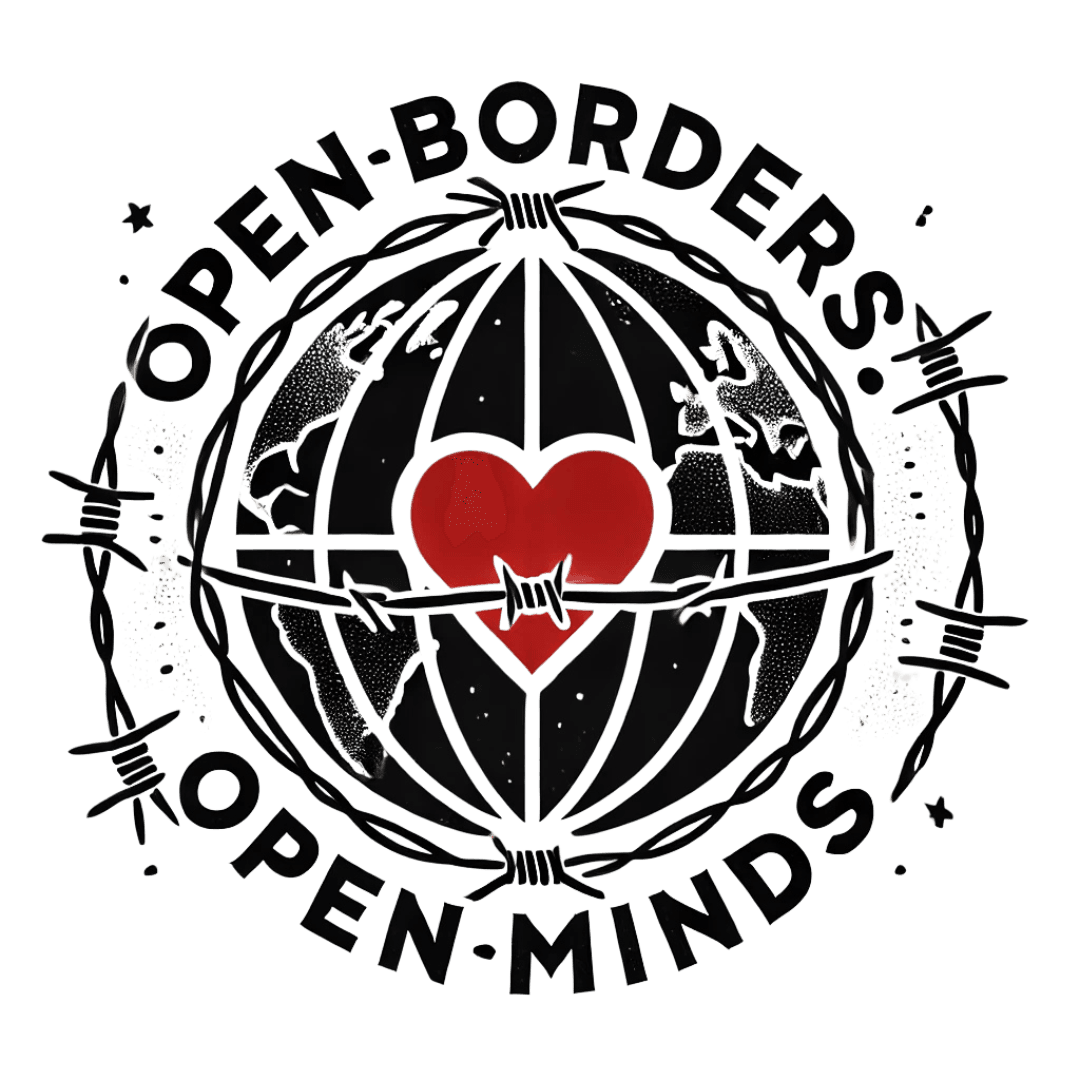Breaking Down Complex Immigration Policies: Expert Opinions and Analysis
Understanding the Basics of Immigration Policies
Immigration policies are often complex and multifaceted, affecting millions of lives across the globe. These policies determine who can enter a country, under what conditions, and for how long. They are shaped by a country's economic needs, security concerns, and humanitarian commitments. Understanding these policies is crucial for anyone affected by or interested in immigration issues.
At their core, immigration policies are designed to manage the movement of people across borders. They encompass a wide range of rules and regulations, including visa requirements, residency permits, and asylum procedures. These policies can vary significantly from one country to another, reflecting different priorities and challenges.

The Role of Economic Factors in Shaping Policies
Economic factors play a significant role in shaping immigration policies. Countries often adjust their immigration rules to address labor shortages or to attract skilled workers. For example, nations with aging populations may implement policies to encourage the immigration of younger, skilled workers to support their economies.
Conversely, during economic downturns, some countries may tighten their immigration controls to protect local jobs. This balancing act between welcoming necessary talent and protecting domestic employment is a common challenge for policymakers.

Security Concerns and Immigration
Security is another critical aspect that influences immigration policy. Nations must ensure that their borders are secure and that those entering do not pose a threat to national safety. This has led to the implementation of stringent background checks and biometric screenings for visa applicants.
In recent years, concerns about terrorism and international crime have further tightened immigration controls. Policies now often include enhanced surveillance and data sharing between countries to ensure that individuals entering a nation do not have a history of criminal activity or links to extremist groups.

Humanitarian Aspects of Immigration Policies
Despite security and economic concerns, many countries also prioritize humanitarian considerations in their immigration policies. This includes providing asylum to refugees fleeing persecution or conflict. The United Nations and other international organizations often play a role in shaping these humanitarian aspects of immigration policy.
The balance between protection and compassion is delicate. Policymakers must navigate international obligations and domestic pressures to ensure that their policies are both fair and effective. This can involve creating pathways for refugees to integrate into society or offering temporary protection until it is safe for them to return home.

Expert Opinions on Immigration Policy Development
Experts in the field of immigration policy often stress the importance of comprehensive and flexible approaches. They argue that policies should be regularly reviewed and updated to reflect changing circumstances and new information. This requires cooperation between governments, experts, and civil society organizations.
Many experts also advocate for policies that are transparent and easily understood by the public. Clear communication can help reduce misinformation and build trust in the immigration system. Public engagement and education are key components in fostering a more informed and supportive discourse around immigration.

The Future of Immigration Policies
As global dynamics continue to evolve, so too will immigration policies. Future trends may include increased use of technology in managing immigration processes, such as digital visas and automated border controls. Additionally, climate change is expected to become a significant factor, potentially leading to new waves of migration from affected regions.
Understanding and engaging with these complex immigration policies is crucial for individuals, businesses, and governments alike. By staying informed and involved, stakeholders can help shape policies that are fair, effective, and reflective of shared global values.
